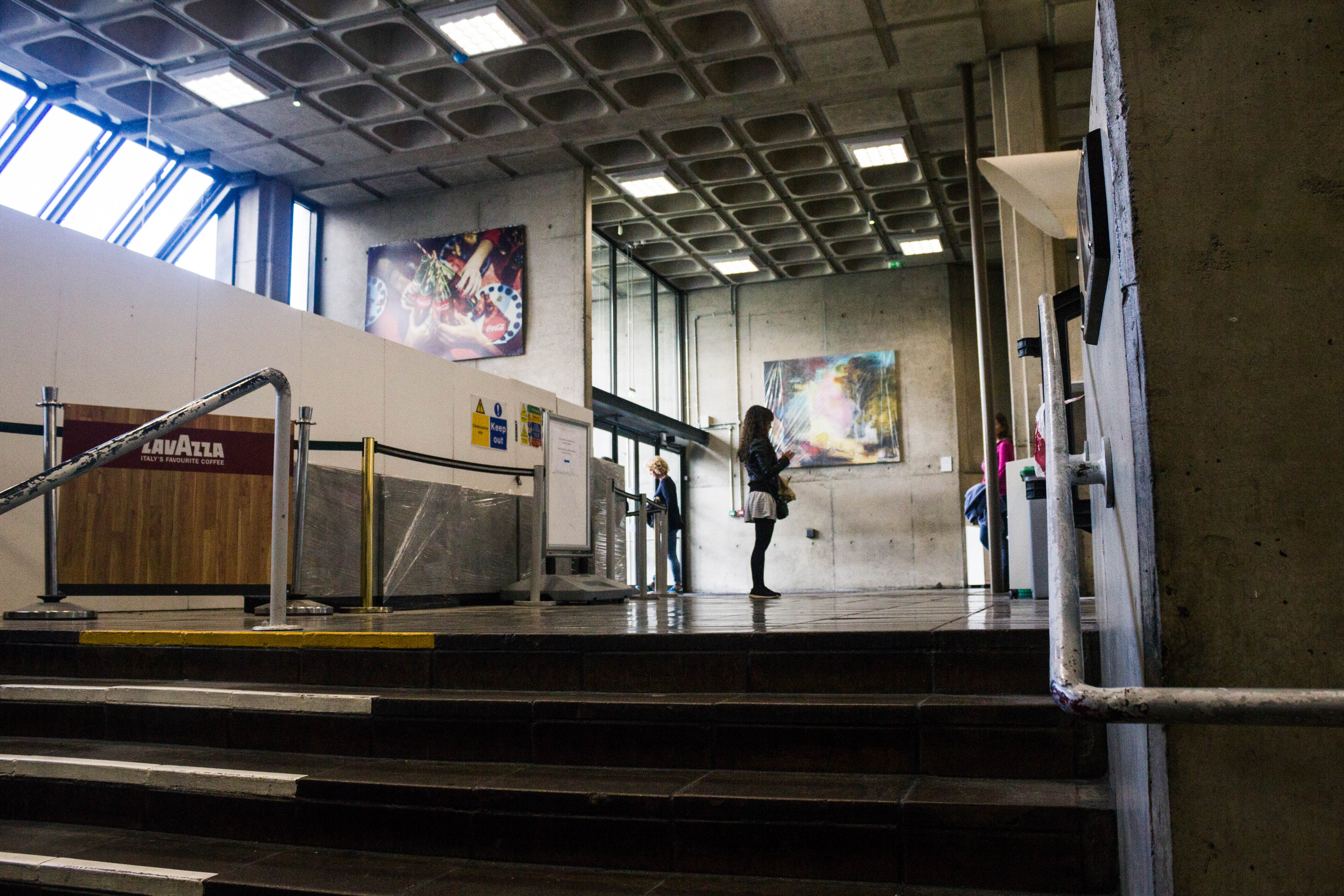Trinity’s Arts Block Cafe will be replaced by a new privately run outlet opening on October 2nd, the latest example of the College’s push to widen the scope of commercialisation on campus.
The new on-campus cafe, named “The Perch”, will replace the former Arts Block Cafe. This is the latest move by Trinity’s Commercial Revenue Unit, which has led a wave of attempts to increase the money Trinity makes from visitors and tourists over the last few years.
Last October, the Hamilton Restaurant and the Westland Cafe were put out for tender in a similar fashion to the Arts Block Cafe. This saw the addition of the Bank of Ireland Innovation Hub as well as the food outlets Costa, Freshii and Gastro. As was the case with the tender for the Hamilton outlets, all Trinity staff will remain employed in the new cafe.
In a statement to The University Times, Trinity’s Press Officer, Caoimhe Ní Lochlainn, explained that the cafe is part of a planned upgrade to certain areas within the Arts Building. The project, which is sponsored by the Bursar and Director of Strategic Innovation, Veronica Campbell, will see changes to the cafe, adjacent seating areas and adjacent bathrooms. As well as the introduction of new lunchtime offers, the cafe will also have a pre-order facility where students and staff can pre-order coffee and snacks.
The cafe was named after a college-wide survey and will see an upgraded list of products available to students and staff. As well as continuing to supply teas, coffees and snacks, the new cafe will also offer those on campus the option of purchasing salad boxes and a range of sandwiches. Students will still be able to use their Tcard in the cafe.
A temporary cafe facility has been established on the floor below the construction work and will remain in place until work is finished on October 2nd.
The increased commercialisation activity in Trinity is part of a five-year plan that aims to see the College generate €33 million in 2020/21. A higher education funding crisis has forced Trinity to seek out new ways of making money. From gigs on campus to a retail expansion, the College has made significant strides in addressing the gap in state funding. Addressing staff last year, Provost Patrick Prendergast warned that commercialisation might be one of the few ways to guarantee the future of Trinity and of third-level education if the funding question remains a peripheral issue nationally.
To help increase commercialisation, a subsidiary company, Trinity Brand Commercial Services Ltd, has been set up – approved by the College Board in March, the company will lead Trinity’s bid to establish itself as a university brand to rival US colleges like Stanford University and Harvard University.







